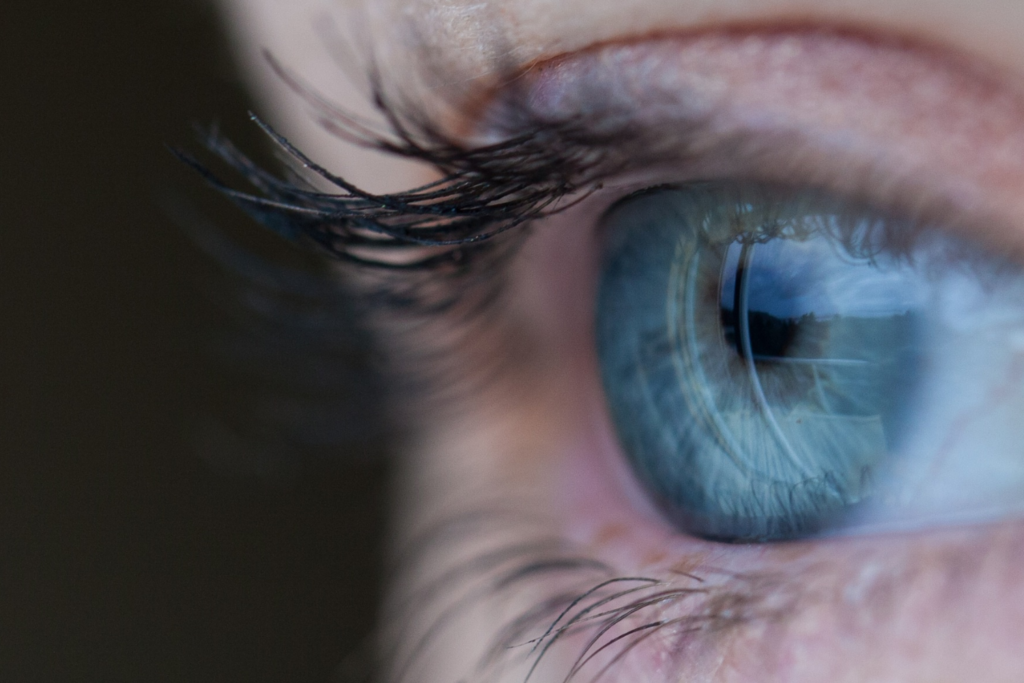 The news this summer has been grim with incidences of people unknowingly contracting flesh-eating bacteria, usually while visiting the beach while they had cuts or scrapes. And most recently, distraught pet owners report that their beloved dogs quickly became fatally ill after being exposed to blue-green algae in ponds or small bodies of water
The news this summer has been grim with incidences of people unknowingly contracting flesh-eating bacteria, usually while visiting the beach while they had cuts or scrapes. And most recently, distraught pet owners report that their beloved dogs quickly became fatally ill after being exposed to blue-green algae in ponds or small bodies of water
While we certainly all hope that such incidences are more rare than common, recent events do have many people asking how safe it is to swim in lakes, rivers, oceans, or even pools. Of particular concern are for people who do so while wearing contacts.
People with eyesight limitations like nearsightedness or farsightedness often face a dilemma when it comes to water activities like swimming, water-skiing, or tubing. It’s not realistic to wear glasses during these activities, so many people think wearing contact lenses seems like the best solution.
However, there are serious risks to wearing your contact lenses in any type of water—a pool, lake, river, ocean, or hot tub. Here’s why:
Bacteria, Fungi, Algae, Parasites, & Chemicals
While not usually extreme or life-threatening like this summer’s incidences of flesh-eating bacteria or blue-green algae, every body of water can be contaminated with bacteria, fungi, algae, or parasites to some degree. And because contact lenses are designed to be breathable, they can absorb the microorganisms from any body of water.
An organism called the Acanthamoeba is one of the most serious because it can attach to contact lenses and inflame or infect the cornea. This resulting condition, called Acanthamoeba keratitis, can eat through the cornea and cause an infection or a corneal ulcer. In some cases, a corneal transplant may even be required to avoid permanent vision loss.
In addition, when it comes to the water in swimming pools, most people assume chlorine is to blame for red, gritty, or irritated eyes. However, the real problem is that a chemical called chloramine forms when chlorine mixes with dirt, sweat, or urine. Similar to bacterial organisms, chemicals like chloramine can be absorbed by contacts, causing eye irritation at the least, or a serious eye infection that can cause vision loss.
Keeping Your Eyes Safe In The Water
To keep your eyes safe and your vision healthy, follow these basic tips to protect your eyes from harmful chemicals and bacteria when you’re in any body of water:
- Remove your contacts before swimming and store them safely.
- After swimming, rinse your eyes to remove chemicals or bacteria before putting your contacts back in.
- If you must wear contacts, wear water-tight goggles and clean your contacts immediately after swimming.
- Consider wearing daily disposable contact lenses. Throw them away immediately after swimming and rinse your eyes with lubricating drops approved for use with contact lenses before using a fresh pair of lenses.
- Ask your eye doctor about prescription eye goggles.
If you’ve been wearing contact lenses—regardless of whether you’ve been swimming or doing water sports—and experience any symptoms of a possible eye infection, don’t put off seeking treatment from an ophthalmologist. A qualified eye doctor can quickly diagnose and treat the infection before serious, permanent damage has a chance to occur.
Baptist Eye Surgeons is an ophthalmological practice in Knoxville, TN, and Morristown, TN, dedicated to providing quality eye care to patients whose needs range from routine comprehensive eye examinations to complex eye surgeries. To meet our doctors and learn more about our specialities, visit our website. You can also schedule an appointment online or give us a call at 865-579-3920 for more information.





